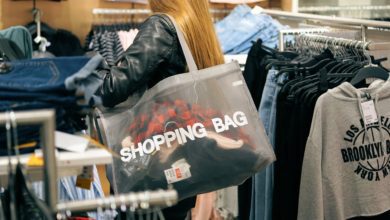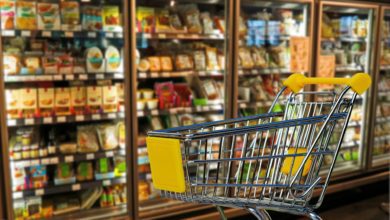Retail sales improve slightly in July
Non-food stores sales volumes fell by 0.7% over the month because of falls in other non-food stores (negative 1.5%), and clothing stores (negative 1.2%)

Retail sales volumes rose by 0.3% in July 2022 following a fall of 0.2% in June 2022, according to the latest data from the Office for national Statistics (ONS).







